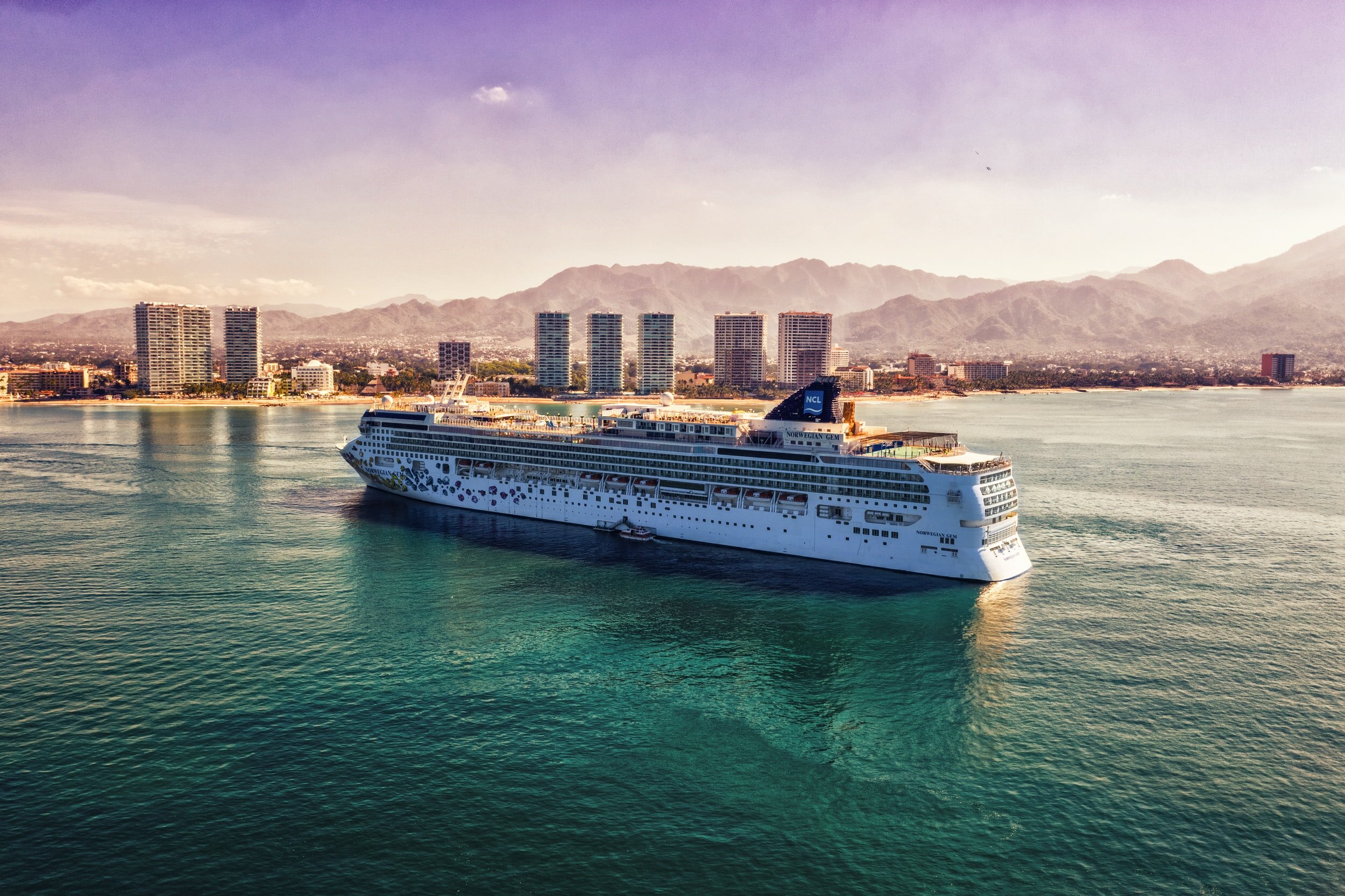
Case Summaries
Singapore Arbitration 2/19
“Under a contract for sale and purchase of a vessel, with an NSF type "encumbrances clause" (9), Sellers disputed liability to pay a bunker claim incurred by prior bareboat sub-charters. After the (post-delivery) arrest of the vessel in the Philippines, Buyers settled the claim and started arbitration proceedings seeking an indemnity from Sellers. The tribunal found that the claim in itself did not give rise to a breach of clause 9, as it was not an in rem debt against the vessel (and bareboat sub-charterers had no authority to create a lien); however, the pre-delivery issue by them of an (un-served and unknown to Sellers) in rem writ in Singapore did place Sellers in breach of clause 9, rendering them liable to indemnify Buyers.”
London Arbitration 8/19
“A charterparty on an amended NYPE form contained an additional clause prohibiting deductions from hire of amounts for underperformance, except undisputed off-hire. The Tribunal held that this did not allow equitable set-off unless agreed by owners which was not the case. Charterers' argument that they were suspending rather than deducting hire was also dismissed as a meaningless distinction.”
London Arbitration 6/19
“The performance clause in a trip time charter (South Africa to China) defined good weather as "wind speeds of maximum beaufort force 4 (11-16knots) and total-combined (sea and swell) significant wave height confined to limits of douglas sea state 3 (0.5-1.25 meters)". Despite acknowledging the uncertainty of the terminology and the difficulty in reconciling two entirely different measures of sea condition, the Tribunal found that there would be no contradiction if good weather criteria were restricted to significant wave heights of no more than 1.25 m, even though this might render DSS3 surplusage and lower the required performance standard to something less than might be expected in charters of this nature.”
London Arbitration 4/19 — [2019]
“The incorporation of the ICA in a time charterparty meant that both parties agreed to the definition of "cargo claims" as "claims for loss, damage, shortage...overcarriage of or delay to cargo". A tribunal considered that there was no reason to give a different meaning to those words elsewhere in the charterparty, including an addendum clause rendering Charterers fully liable for all "cargo claims". Unsuccessfully, Charterers argued that a claim for diminution in value of the cargo due to the vessel's delay fell outside the meaning of the addendum clause.”
London Arbitration 1/19
“Charterers accepted that, in breach of an amended NYPE charter, they had loaded a prohibited cargo. However, Owners' claim for damages, namely the cost of extra time spent hold cleaning after redelivery of the vessel, failed. The Tribunal accepted Charterers' case that Owners were unable to formulate, particularise or prove any additional costs beyond the 'ILOHC' lumpsum provided in the charter. In particular there was no evidence as to the nature of the cleaning, nor any costs or losses associated with any missed follow-on fixture.”
Singapore Arbitration 4/18
“Under an MOA on the 2012 saleform with addenda, following NOR, Sellers were to provide (i) their own confirmation of non-encumbrance and (ii) a confirmation from the Vessel's registry. In the absence of (ii), Buyers failed to pay the purchase price and Sellers cancelled the MOA. The Tribunal dismissed Buyers' claim for return of the deposit and damages, finding that on a true construction of the addenda, (ii) need not be provided before the payment obligation was triggered. Sellers' cancellation was valid, entitling them to retain the deposit.”